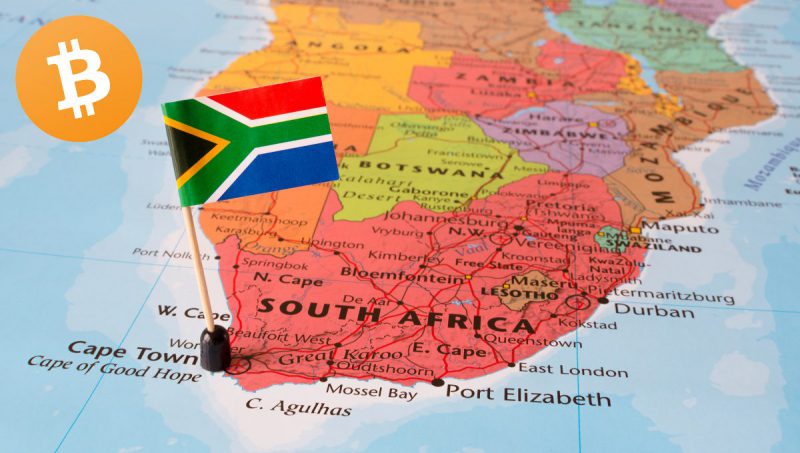Note: The article has been updated post-FSCA’s new announcement.
The Financial Sector Conduct Authority (FSCA), the financial watchdog of South Africa, has said that crypto assets will be treated like financial assets. As such, it would allow the government to regulate the cryptocurrency markets. The legislation falls under the Financial Advisory and Intermediary Services Act, of 2022. The announcement was made on Wednesday, via the government gazette.
The official papers defined a crypto asset as a digital representation of value. According to the FSCA announcement, the regulation rules take effect immediately.
The announcement noted that a crypto asset is not issued by a central bank, but is capable of being traded, transferred, or stored electronically. It can be used for the purpose of payment, investment, and other forms of utility. Moreover, the notice also highlighted the fact that cryptocurrencies use cryptographic techniques and distributed ledger technology. However, Eugene Du Toit, the head of the FSCA, has clarified that digital assets are not legal tender.
Additionally, the FSCA has announced that it will require crypto companies to apply for a license between June 1 and November 20, 2023, in order to legally run their businesses.
Global crypto regulation drive?
South Africa has joined a growing list of countries that are attempting to regulate the emerging asset class. Additionally, with the recent volatility hitting people hard, governments have taken a keener interest in cryptocurrencies. Moreover, the Terra-LUNA-UST collapse in the summer wreaked havoc around the world.
The South African announcement follows the EU’s (European Union) MiCA. A group of diplomats approved the text of the legislation. All that remains is for the same to be approved by the EU parliament.
Japan recently announced that it would ease regulations in an attempt to attract global exchanges to set up shop in the island nation.
However, the US lags behind in this aspect. The first draft of the legislation was met with a sour taste. However, according to reports, a secret draft is making the rounds. And analysts say that the U.S. is “finally getting their act together.”
With crypto becoming mainstream, it is not surprising that governments around the world want to get their reins on the asset class. At press time, the global crypto market cap stood at $950 billion, down by 1.3% in the last 24 hours.





